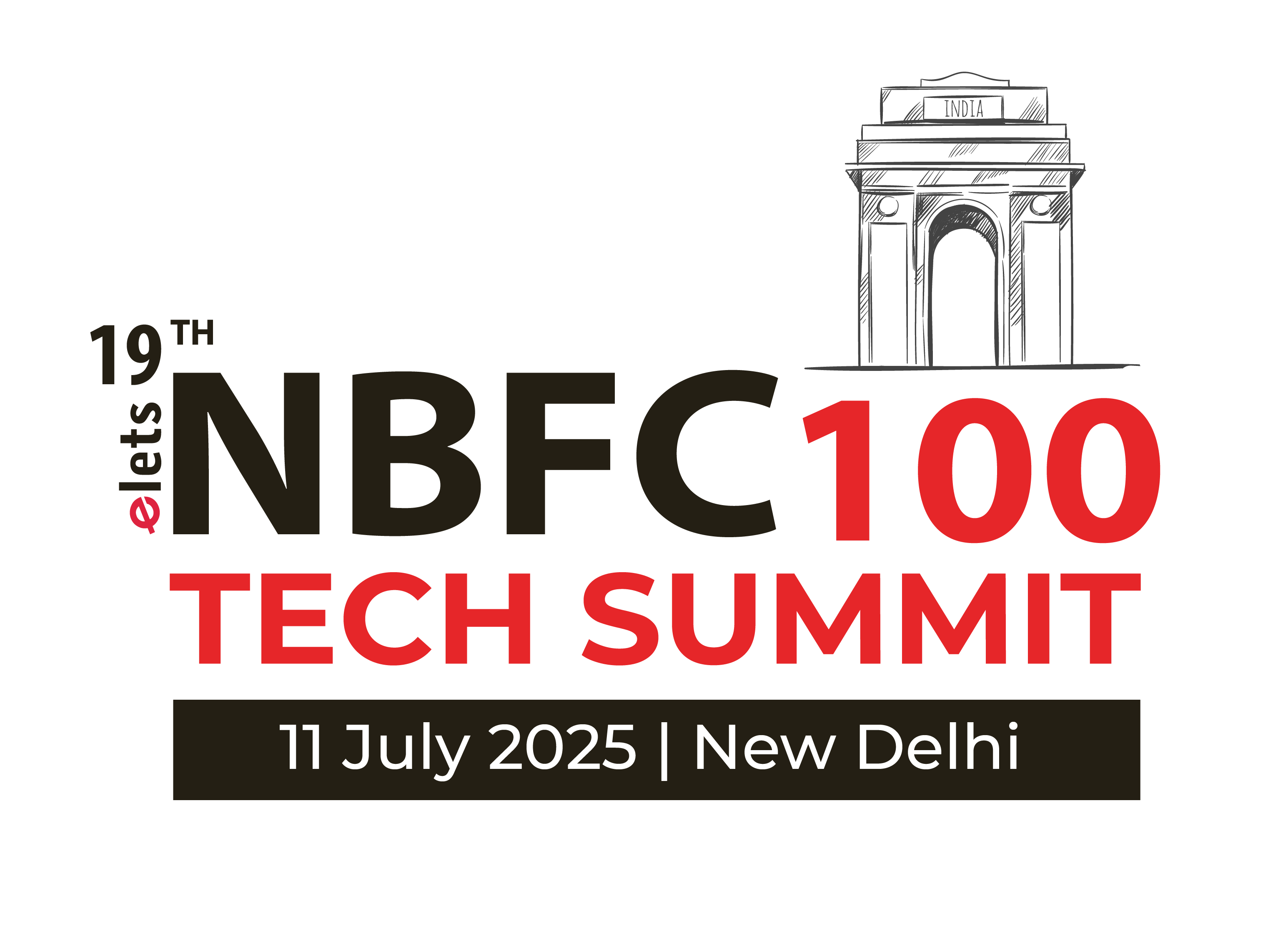Digital onboarding of customers after an initial physical verification enables biometric document execution and account opening, ensures fast onboarding of customers, shared B.S. Sivakumar, President & Business Head—Agri Finance, Kotak Mahindra Bank Ltd, in an exclusive interaction with Srajan Agarwal of Elets News Network (ENN).
With a 20-year history in Agri Credit, Kotak Mahindra Bank has developed a broad range of products aimed at farmers and entrepreneurs in the agri value chain. Can you discuss the evolution of these products over the years and how they align with the needs of various customer segments? Also, how has Kotak positioned itself as a leader in implementing government-promoted schemes?
The core starting norm when the Agribusiness started in the bank in 2003 was to only focus on the facilities that add economic value to the borrower, are fully PSL compliant, financially viable for the bank, and are low on risk since the Agri sector was perceived to be high risk with high defaults. Tractor loans were the first product as they were secured by an asset, generated cash flows, and focused on farmers and rural entrepreneurs who earned additional money apart from cultivation.
The next product was funding for high-tech agri projects wherein farmers with minimum land acreage of 50 acres were identified and the project viability calculated, and the bank also arranged for govt grants/interest subsidies for the farmers to make the projects viable. Initial activities are funded for horticulture, greenhouse activities, warehousing, cold storage, etc. This helped identify the developed farmers in the semi-urban areas who had then no access to large ticket loans of RS.100 lakhs to RS.500 lakhs. Also, these activities helped us get a reach into various govt schemes like the NHB, NHM, MOFPI, and NABARD schemes. The loans also ensured adequate security apart from agri land so as to improve recoveries. It also gave us access to the entire agri value chain players.
Kotak Mahindra Bank’s Agri-Business Group has significantly expanded its credit offerings across the entire agricultural value chain. Could you elaborate on the specific strategies and innovations that have enabled Kotak to effectively cater to diverse segments such as food and cash crops, allied agriculture, and distribution, with advances exceeding 20,000 crores?
The strategies include developing a dedicated business and credit team of persons only focused on Agri lending. Agri graduates recruited from Agri management schools who could be trained. Focus on state-specific activities to fund for, selection of taluka and district locations to set up Agri branches linked to business potential and create direct contact with customers. Identification of the various facets of the Agri value chain comprising cultivators, farm gate traders, arathias and APMC market yards, primary and secondary processors, and finally, exporters/importers for Agri products were identified, and credit assessment was done.
The bank also developed products like seasonal limits, non-DP linked limits for initial procurements, pledge funding, and project assessment for various Agri and allied activities. The nuances of lending for poultry, dairy, fishery, and horticulture were worked in-house since the knowledge was limited across banks. Frequent field visits to familiarise with agriculture activities were developed. Relationships were also built with large Agri corporations for forward and backward linkages to their farmer’s setup and developing a cash flow entrapment mechanism. A strong recovery setup was also critical. With a retail and rural focus, corporate linkages to NBFCs, gold loan NBFCs, and MFIs, was another way to reach the small farmers and understand their credit requirements.
The Reserve Bank of India has played a crucial role in increasing credit limits under PSL norms and recognising the importance of lending along the value chain for storage, distribution, and market linkages. What specific policy- level changes do you believe are still needed to enhance farmer credit access further, and how does Kotak plan to align its strategies with these regulatory developments?
But for the clear focus and policies of the RBI, Agri credit in India would have lagged behind. The regulator has simultaneously tweaked the norms and improved their monitoring to ensure credit flows to the Agri sector benefit the farmers. The classification of small, marginal, and other farmers and lending for agro-processing ensured that banks lent both to the bottom of the pyramid individuals, developed capabilities and ensured credit reach for asset creation in this sector. In key situations, the RBI also brought policies like the Malegam committee that gave a clear focus to lending to women entrepreneurs and brought clarity to the microfinance sector. The RBI must focus on improving the digital initiatives for KYC, mortgage creation, and documentation simplification. Linking UDHAI identity with land documents for fast-tracking crop loans initiated in some states will be a game changer. It will also eliminate bogus loans, ghost borrowers, and multiple financing.
Sustainability and inclusivity are increasingly important in modern banking practices. How is Kotak integrating sustainable practices into its agri-finance operations, and what measures are being taken to ensure that credit solutions are inclusive and reach marginalised and underserved farming communities?
Kotak’s Agri initiatives are driven by multiple product-led initiatives, which are directed at both the very small and medium farmers and SME / corporate borrowers who are into large Agri activities like tea & coffee plantations, and poultry/dairy/marine products. The specialised verticles include tractors and farm equipment loans, microfinance loans, crop loans, and agri SME finance that caters to medium and large Agri enterprises. Thus specialised lending teams focus on ticket sizes from RS.30000/- to as large as RS.100 crs of Working capital cum Term loans to enterprises.
The assessment, documentation, security and relationship cum distribution setups are very different. The distribution channel development also factors in the cost of management and maintaining control of frauds that happen to large teams. Distribution is also required to create the last-mile reach for retail customers. Dedicated credit models are required to assess the income and repayment capabilities of the different profiles of farmers. The scaling up of these aspects has been done on a sustainable basis over two decades so that the latest developments in technology and banking have been incorporated. For instance, the percentage of cash collections in retail agri loans has steadily been reduced to under 30% over the years.
Looking ahead, what are Kotak’s key initiatives in the agri-finance sector, particularly in terms of digitisation, speedy delivery mechanisms, and automation for credit assessment? How do you plan to adapt to industry developments, encourage capital investments, and explore new international markets to enhance value addition further and minimise portfolio delinquency?
The current focus is bringing technology in the areas of credit assessment through analytics that benefit from the large database of customers developed over the years. The tools aim to cut down credit decision time to onboard a customer or exit a delinquent one basis of early warning signals. Initiatives like the eNach for recovery, instant receipt, and online loan a/c credit to farmers is another initiative. Digital onboarding of customers after an initial physical verification that enables biometric document execution and account opening. It ensures fast onboarding of customers. Another initiative is to geotagging of agri lands of farmers and their residential location and verification of cropping done with our loan and the crop maturity for speedy client contact for recovery. The use of handheld digital devices for credit data feeding and loan eligibility, credit score downloading cum loan disbursal is being developed for retail farmers. Kotak Bank has also been at the forefront of identifying state-level and central government schemes for farmers that help reduce credit costs, provide grant funds, and identify forward-thinking agri entrepreneurs for funding. The bank is a key channel for such schemes and it provides advice to its borrowers for ease of claiming the benefits.
Elets The Banking and Finance Post Magazine has carved out a niche for itself in the crowded market with exclusive & unique content. Get in-depth insights on trend-setting innovations & transformation in the BFSI sector. Best offers for Print + Digital issues! Subscribe here➔ www.eletsonline.com/subscription/

















